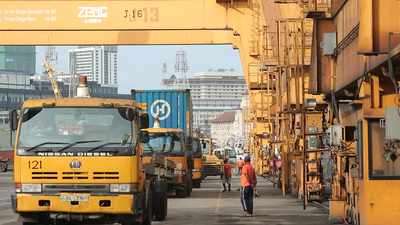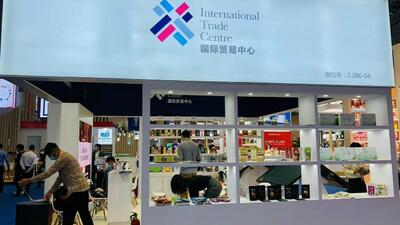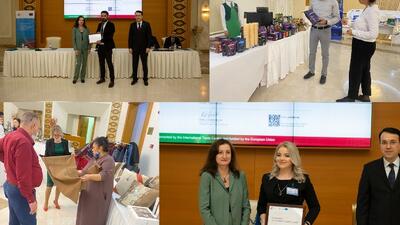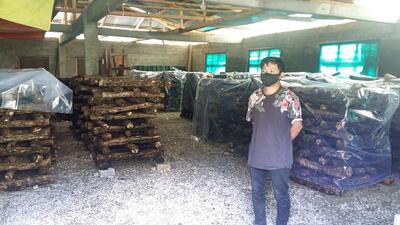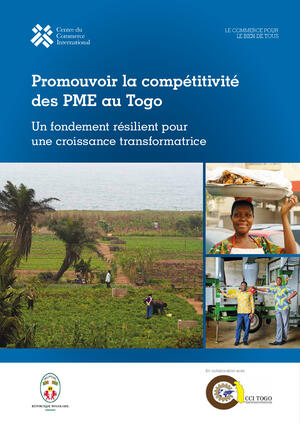

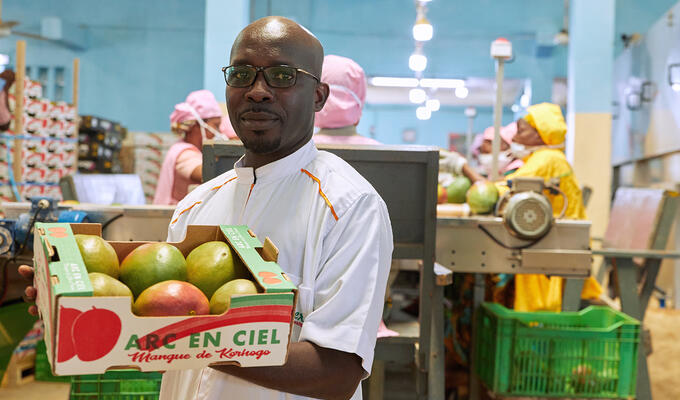
Sustainable packaging
Overview
Poor packaging and labelling are some of the main reasons for the failure of locally manufactured products to compete favorably with imported ones. Good packaging helps better protect products, improves customers’ perceptions, strengthens the brand, improves the competitiveness of the company, increases market share and ultimately helps products enter new markets.
ITC’s Sustainable Packaging training offer includes capacity-building and advisory services to help developing country exporters maximize their export performance through better packaging solutions. Our training ranges from basic to highly specialized programmes for specific sectors and packaging materials. Advisory services include packaging industry audits, packaging clinics, cluster needs assessments, and market linkages.
Learn more about our sustainable packaging options below.
Discern the perceptions and realities related to sustainable packaging, learn the relation between packaging, waste and production efficiency, understand and implement important sustainability concepts such as green engineering and life cycle analysis. Our services also help micro, small and medium-sized enterprises (MSMEs) think of sustainable packaging options that reduce their environmental footprint and increase their margins.
Understand the importance of the product-packaging association along the entire supply chain as a strategic component of a company’s success. This service focuses on the different functions of packaging to help deliver products in perfect condition, at the right price, at the right location, and the key role of packaging as a differentiating marketing tool to attract customers.
Packaging functions in e-commerce distribution channels differ significantly from the traditional retail channel. E-commerce packaging is an important part of brand identity, and in an online shopping context, it is the first physical contact customers have with the company and the brand. Develop your knowledge and skills to handle packaging in an e-commerce context.
There is no universal packaging system that meets all stakeholders’ requirements along the supply chain. Each product targets specific customers with unique consumption behaviors and therefore requires packaging with a unique mix of materials and functionalities, equipment, logistics and transportation. These clinics address the key issues related to a range of relatively uniform products including spices, shea products, honey, fresh fruits and vegetables, dry food, processed food, and textiles. Each clinic also reviews components of the packaging systems for national, regional and export markets.
Packaging for export markets should respond to added demands of the supply chain, target market needs and regulatory requirements. Customers’ consumption habits, the level of sophistication of packaging systems and competition on supermarket shelves can also vary significantly when entering international markets, while the distance between manufacturing sites and customers means packaging must withstand a longer shelf life, transportation and storage.
Limited access to packaging know-how, quality packaging material and equipment, barcodes and printed materials can constrain your capacity to compete on the market and generate funds for further investment. We are here to support you with the creation and strengthening of packaging hubs where you can find multiple packaging services at an affordable price without having to invest in large orders of packaging materials or equipment.







